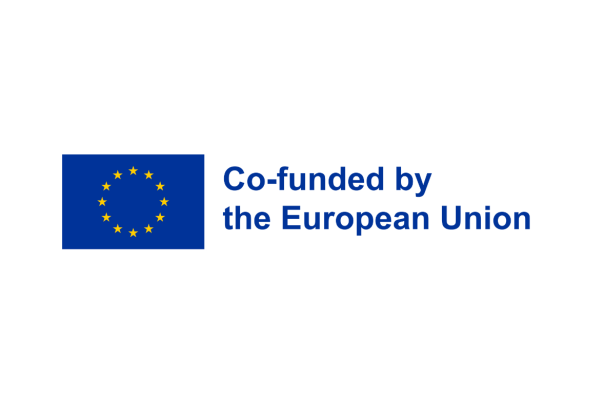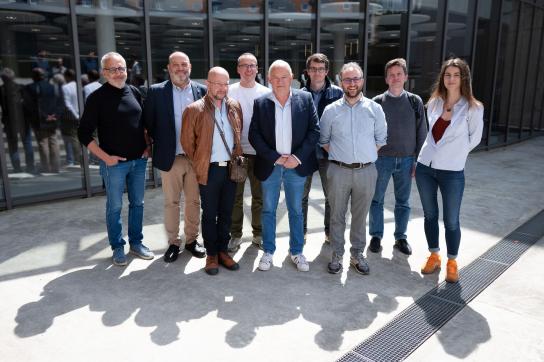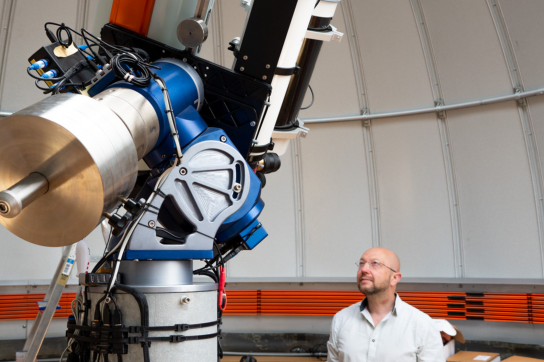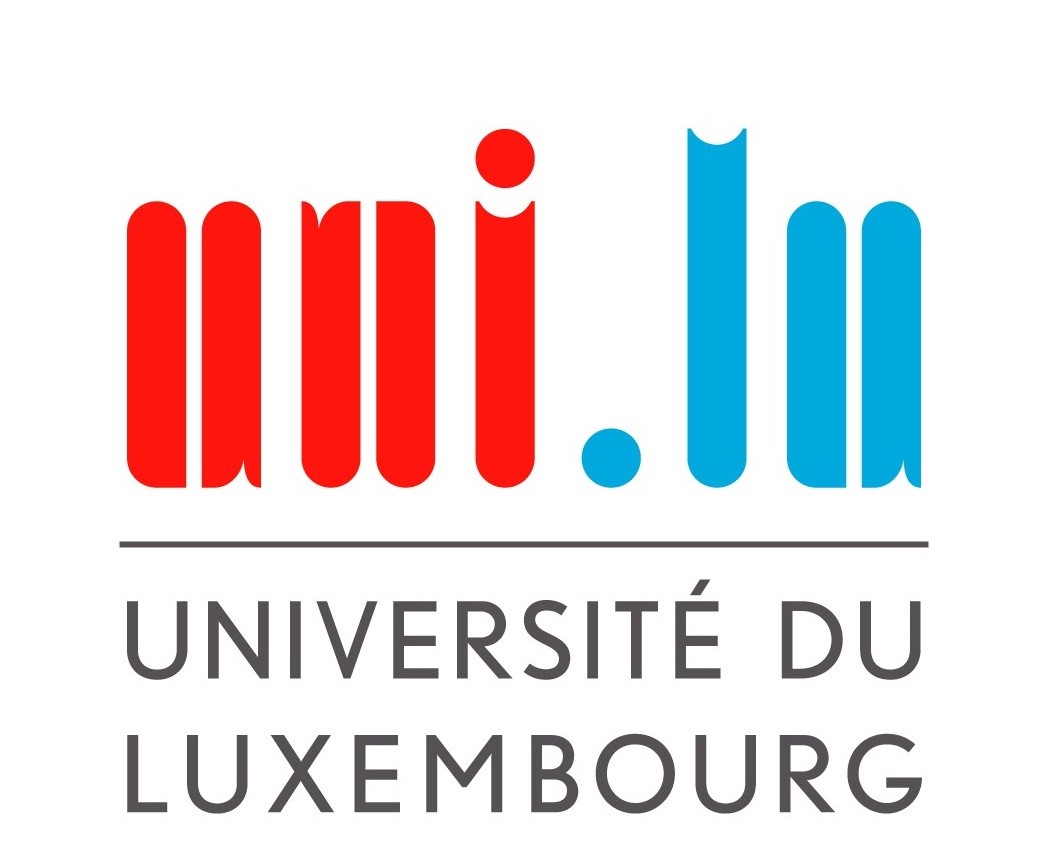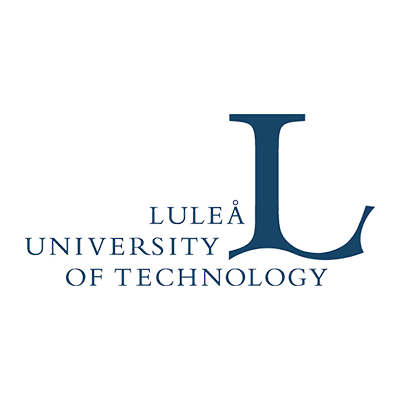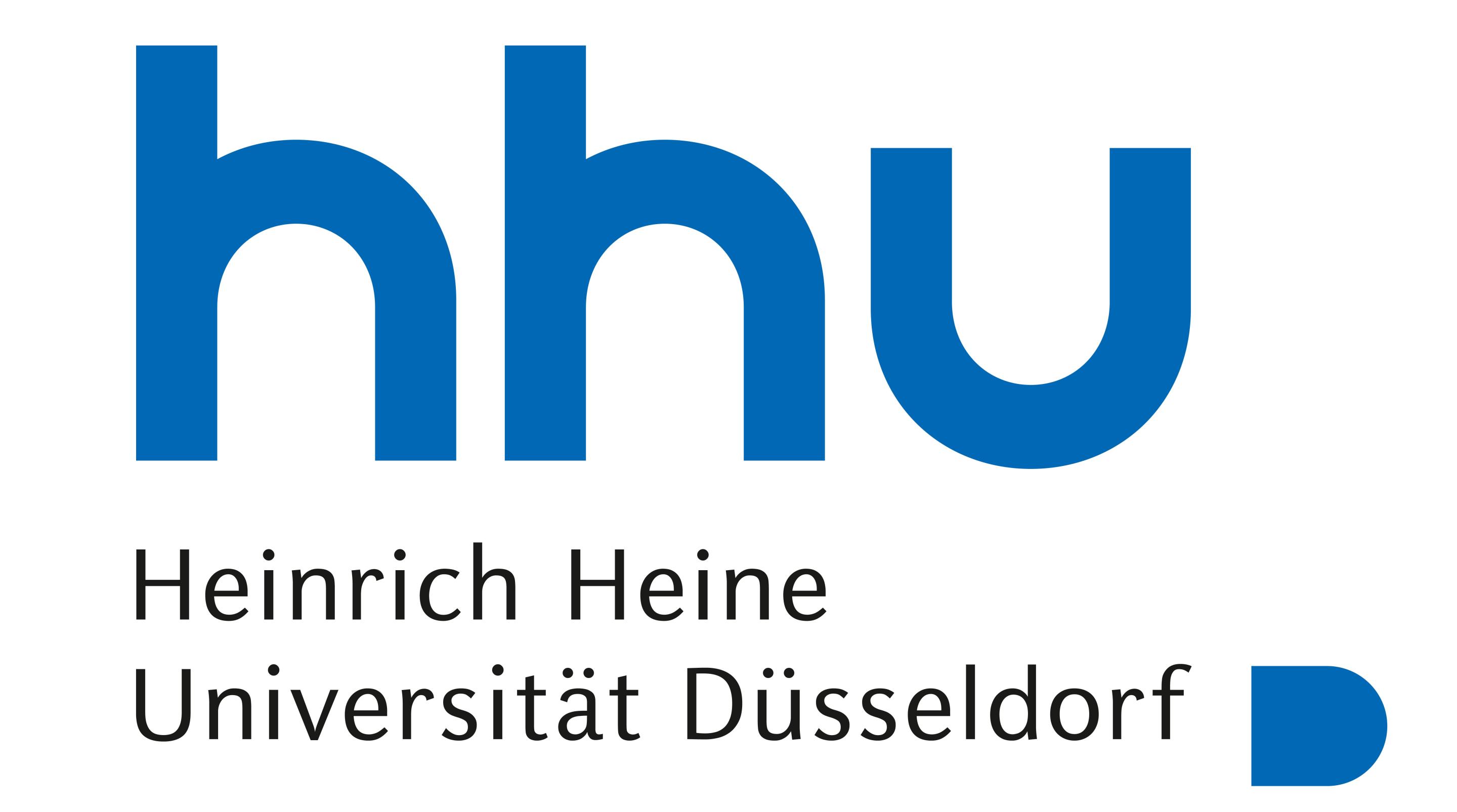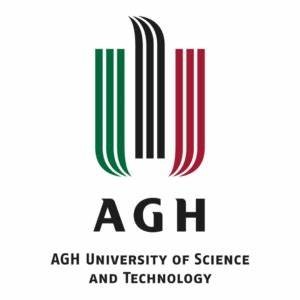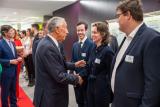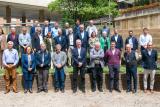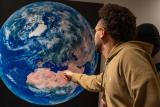UNamur joins the UNIVERSEH Alliance. It's a historic signing for UNamur: since December 2022, it has been a member of the European Space University for Earth and Humanity (UNIVERSEH) Alliance, which focuses on the theme of space. This is a real recognition of UNamur's expertise in the field of space, and a gateway to new international collaborations in both teaching and research, around a field that is driving employment and socio-economic development.
UNIVERSEH : 7 universités européennes
UNIVERSEH est une alliance de sept universités de sept pays européens. Elle a été créée en novembre 2020 dans le cadre de l’ initiative « Universités européennes » promue et financée par la Commission européenne.
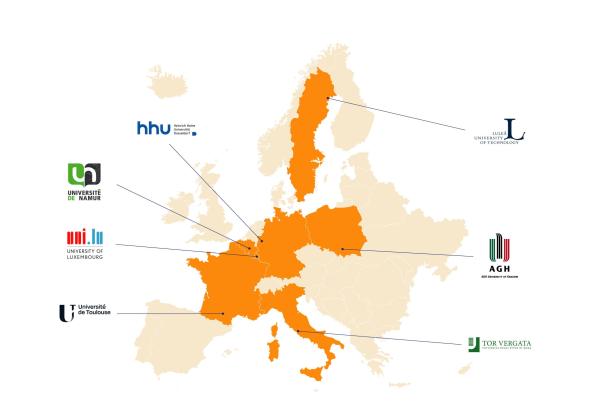
The objectives include building an interdisciplinary and cross-sectoral training offer and joint teaching programs, developing innovative pedagogical models, strengthening mobility and multilingualism in Europe, promoting diversity and enhancing inclusiveness within the alliance and beyond, in the space field. UNamur thus joins the six other partners in this alliance, which tackles the space theme from a variety of angles: science, engineering, economics, social sciences and humanities, patents and innovation, entrepreneurship, science and medicine, sustainable development, art and culture, ...
The objectives include building an interdisciplinary and cross-sectoral training offer and joint teaching programs, developing innovative pedagogical models, strengthening mobility and multilingualism in Europe, promoting diversity and enhancing inclusiveness within the alliance and beyond, in the space field. UNamur thus joins the six other partners in this alliance, which tackles the space theme from a variety of angles: science, engineering, economics, social sciences and humanities, patents and innovation, entrepreneurship, science and medicine, sustainable development, art and culture, ...
Des cours accessibles aux étudiants de l’UNamur et de l'Alliance
Les cours UNIVERSEH sont élaborés et dispensés par les universités partenaires de l’Alliance. L’apprentissage s’y déroule en présentiel, à distance ou en format hybride, à travers les sept institutions partenaires.
Les étudiants ont la possibilité de suivre des cours dans plusieurs universités, de profiter d’une offre de cours de langue, et d’intégrer ces cours à leur cursus académique.
Programme de cours

Des cours de Bachelier et de Master
Des cours dans un large éventail de disciplines, de l'ingénierie à l'innovation spatiale en passant par le droit. Ainsi que des cours qui favorisent les échanges culturels, les langues et le travail en équipe.
Des programmes de Masters
Des programmes thématiques pour poursuivre ces études dans un programme complet et diplômant.
Des cours pour les doctorants
Des cours et formations pour soutenir le développement académique et professionnel des doctorants.
Des programmes de mobilités courtes
Blended Intensive Programmes (BIPs), ou programmes intensifs mixtes, combinant apprentissage en ligne et mobilité physique dans une université partenaire de l’Alliance.
Spotlight
Contact
UNIVERSEH UNAMUR :
Rue de Bruxelles, 61
5000 Namur
Adresse mail :
Partner institutions
All rights reserved. Funded by the European Union. Views and opinions expressed are however those of the author(s) only and do not necessarily reflect those of the European Union or European Education and Culture Executive Agency (EACEA). Neither the European Union nor the granting authority can be held responsible for them.
